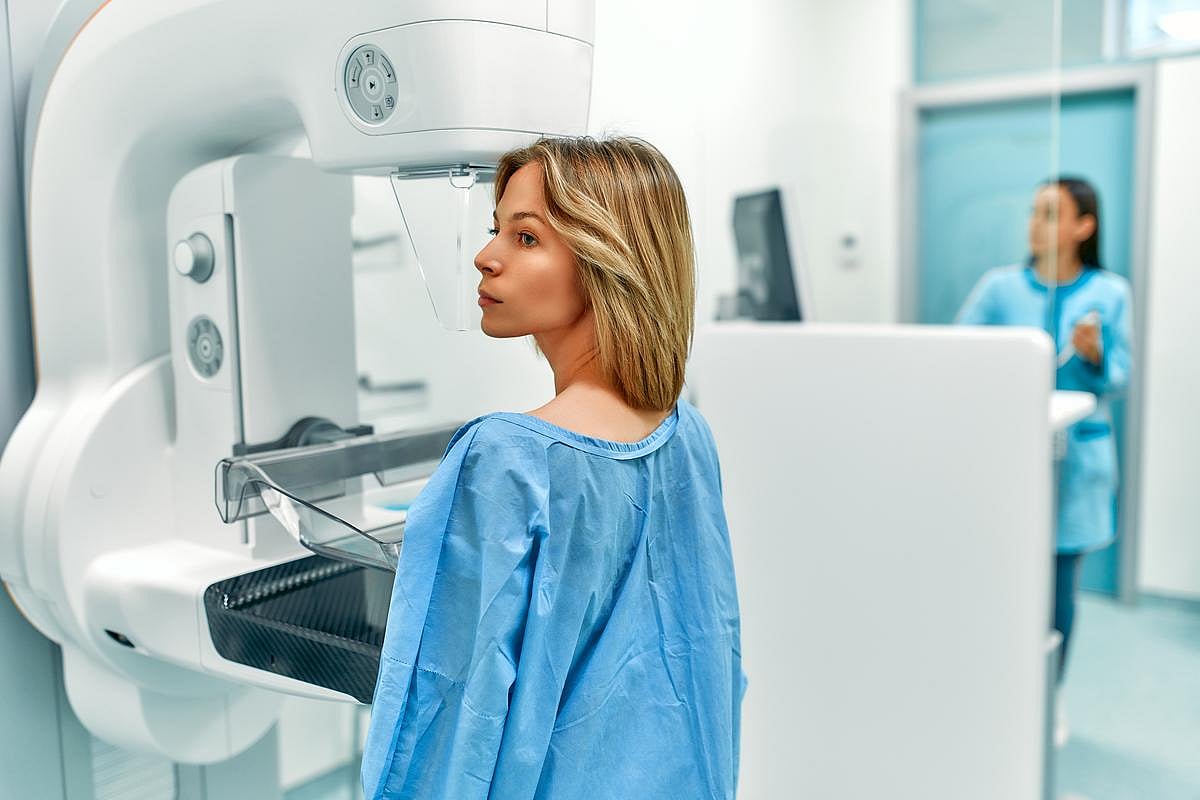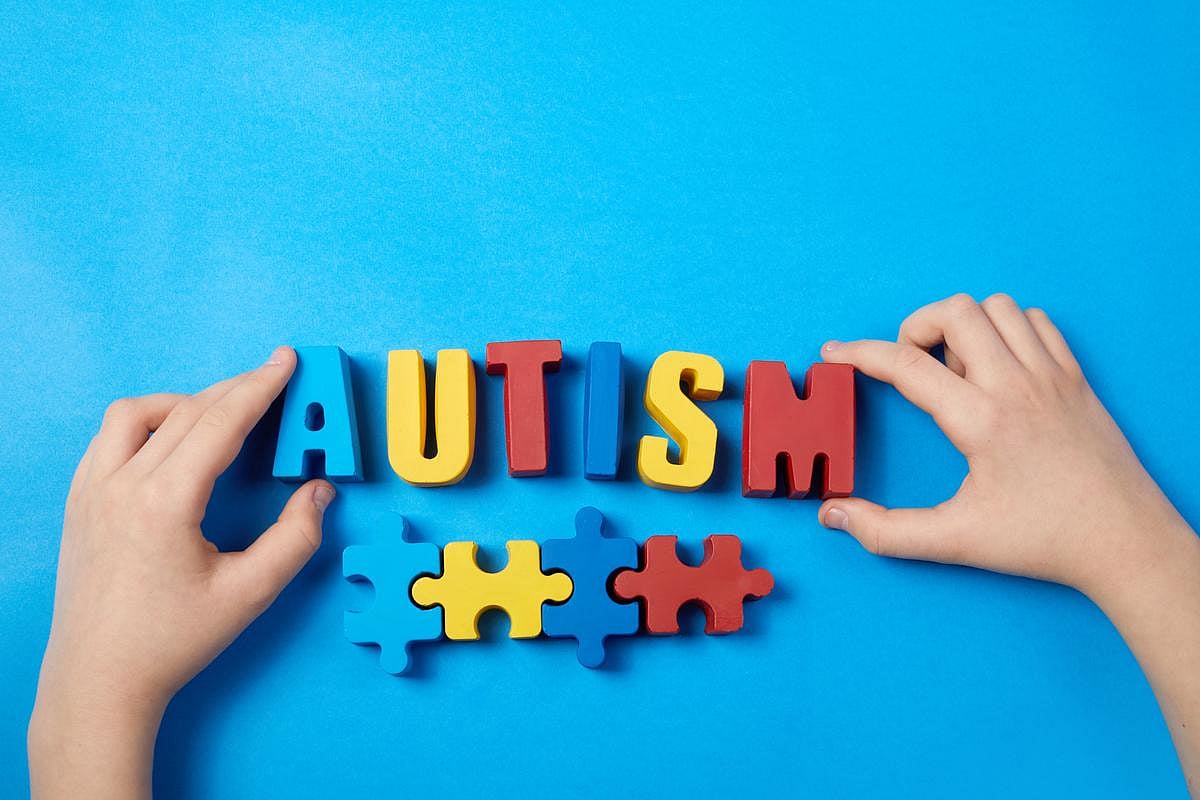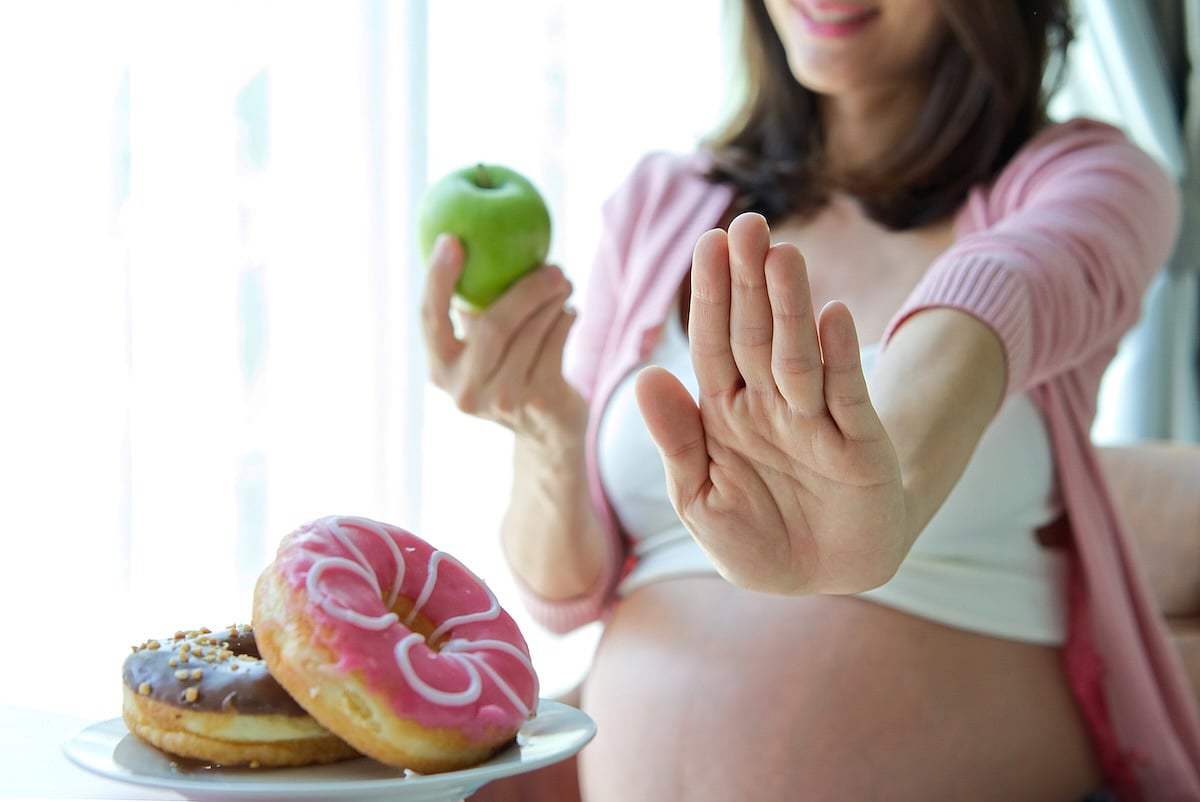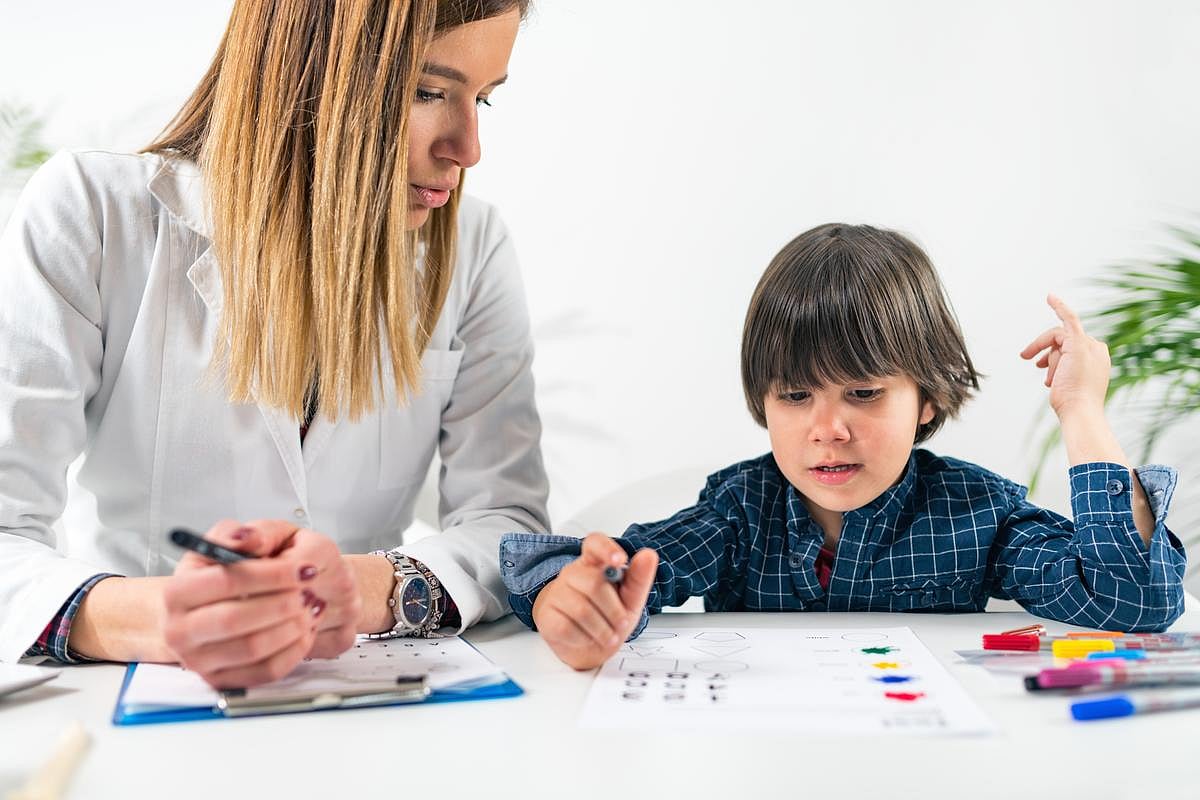
Women are OK with having an AI program help doctors review mammograms performed for breast cancer screening, a new study says. About 7 out of 10 women (71%) said they’re fine with an AI program providing backup for a radiologist’s review of their breast X-ray, researchers report in the journal Radiology: Imaging Cancer. But women… read on > read on >






























